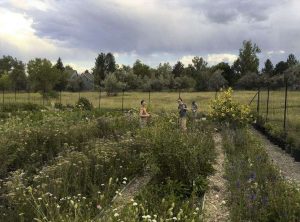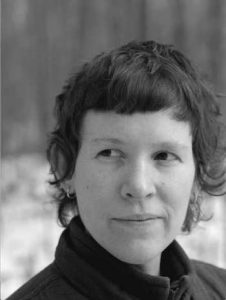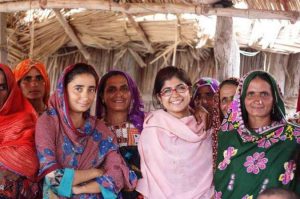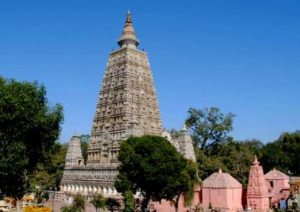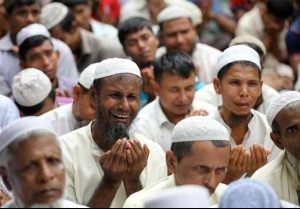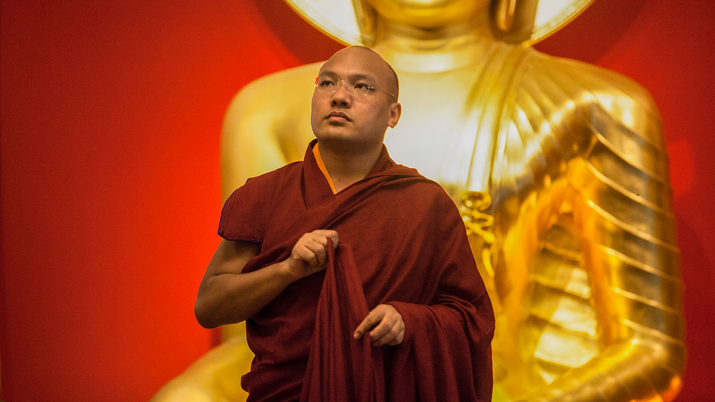
The Supreme Court of British Columbia in Canada last week sanctioned a lawsuit allowing Vikki Hui Xin Han to sue His Holiness the 17th Gyalwang Karmapa Ogyen Trinley Dorje, a potential heir to His Holiness the Dalai Lama as a respected spiritual leader for Tibetan Buddhists. Han has alleged that she became pregnant with the Karmapa’s child and that the two had an extended personal relationship.
The case treads new legal ground due to the exceptional circumstances of the alleged relationship. Han has alleged that she was assaulted by the Karmapa at a New York monastery in 2017, and claims that she became pregnant with his child during what began as a non-consensual sexual encounter that developed into an affectionate and loving relationship.
Although Han was training to become a Buddhist nun at the time of the alleged assault, she subsequently left monastic life and returned to British Columbia, where she now lives. The pair allegedly met four times in person and their relationship reportedly took place mostly via text messages between January 2018 and January 2019.
Han initially sued for child support, but later requested that the court allow her to amend her claim to include spousal support. In order to win her case under the Family Law Act, Han must prove to the court that the couple were living in a marriage-like relationship.
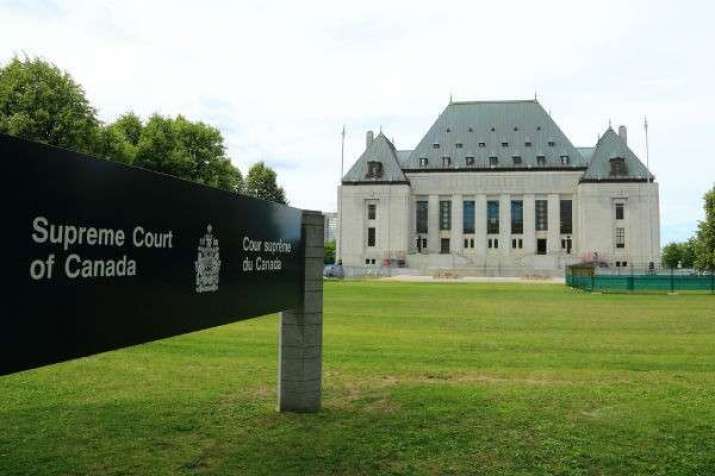
Master Bruce Elwood, the Supreme Court official who granted Han’s application, highlighted in his judgment that the case may be tenuous because it does not meet the customary requirements.
“The facts alleged by the claimant do not fit within a traditional concept of marriage. The claimant does not allege that she and the respondent ever lived together. Indeed, she has only met the respondent in person four times: twice very briefly in a public setting; a third time in private, when she alleges the respondent sexually assaulted her; and a fourth and final occasion, when she informed the respondent she was pregnant with his child.” (Supreme Court of British Columbia)
Elwood further clarified that although elements such as living together under the same roof and having a consensual sexual relationship usually help toward making a case for spousal support, these factors cannot outright determine whether a relationship is marriage-like.
“The claimant’s proposed amendment raises a novel question: can a secret relationship that began online and never moved into the physical world be like a marriage? In my view, that question should be answered by a trial judge after hearing all of the evidence. The alleged facts give rise to a reasonable claim the claimant lived with the respondent in a marriage-like relationship. Accordingly, I grant the claimant leave to amend her notice of family claim.” (Supreme Court of British Columbia)
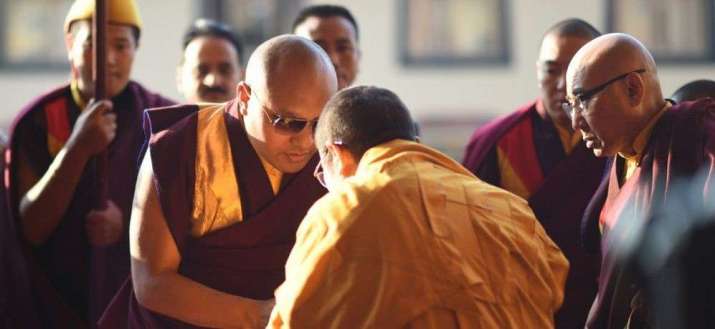
Han’s case could be strengthened by reports that leading up to the birth of her child in June 2018, the Karmapa allegedly sent her more than US$700,000 for the purpose of buying a house and a wedding ring. Other determining factors could include reports that the parties expressed care and affection for each other, and that their communications may indicate they planned to share a future together.
The Karmapa has reportedly denied that he engaged in a romantic relationship with Han, slthough he recognizes that he provided emotional and financial support, which he has reportedly stated was for the benefit of her child, who Han claimed was his daughter.
The case is scheduled to go to trial in April 2022. The Karmapa is a high lama of the Karma Kagyu school of Tibetan Buddhism. At the age of seven he was recognized as the reincarnation of the 16th Karmapa and was given the name Ogyen Drodul Trinley Dorje.
See more
Woman who claims ‘marriage-like relationship’ with Buddhist holy figure can sue for support (CBC News)
Han v. Dorje 2021 BCSC 939 (Supreme Court of British Columbia)




